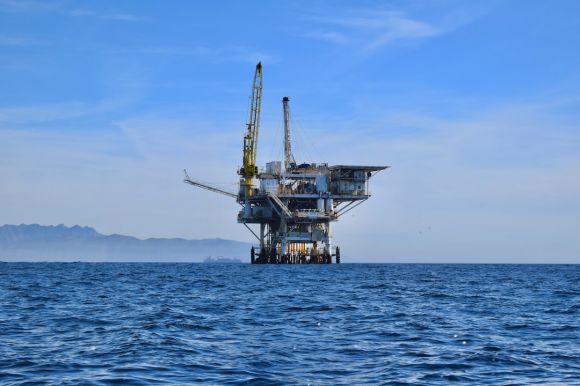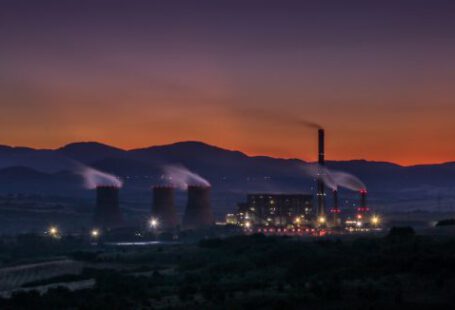For over a century, the world has been powered by the Petroleum Era, a time period defined by the widespread use of petroleum as a source of energy. From transportation to electricity generation, petroleum has played a crucial role in driving the progress of modern society. In this article, we will explore the impact of petroleum as a fuel source, its benefits and drawbacks, and the future of energy in a post-petroleum world.
The Rise of Petroleum
The discovery of oil in the late 19th century revolutionized the way we harness energy. Petroleum, also known as crude oil, is a fossil fuel formed from the remains of ancient marine organisms. Its energy-dense nature and abundance made it an attractive fuel source. The development of drilling and refining technologies allowed for the extraction and processing of petroleum on a massive scale.
Powering Transportation
One of the most significant uses of petroleum is in transportation. The internal combustion engine, invented in the late 19th century, relies on petroleum-based fuels such as gasoline and diesel to power vehicles. The high energy density of these fuels makes them ideal for long-distance travel. Petroleum-powered vehicles have reshaped the world, enabling mass transportation, trade, and globalization.
Electricity Generation
Petroleum has also been a major player in electricity generation. In many developing countries, where access to natural gas or renewable energy sources is limited, petroleum-based fuels are often used to run power plants. These plants burn petroleum to produce steam, which drives turbines to generate electricity. While this method has provided reliable power, it comes with environmental consequences, as burning petroleum releases greenhouse gases and contributes to climate change.
The Environmental Impact
Despite its benefits, the Petroleum Era has had a significant impact on the environment. The extraction, refining, and burning of petroleum release greenhouse gases, contributing to global warming. Oil spills have devastated ecosystems and harmed marine life. The dependence on petroleum has also led to geopolitical tensions and conflicts over oil-rich regions. Recognizing these issues, there has been a growing global push towards finding alternative, cleaner sources of energy.
The Transition to Renewable Energy
As concerns about climate change and environmental degradation grow, the world is shifting towards renewable energy sources. Solar, wind, and hydroelectric power are gaining momentum as viable alternatives to petroleum. These sources are abundant, clean, and can be harnessed without depleting natural resources. The transition to renewable energy will require significant investment in infrastructure and technology, but it holds the promise of a more sustainable future.
Challenges and Opportunities
While the transition to renewable energy is necessary, it poses several challenges. The intermittent nature of solar and wind power requires the development of efficient energy storage technologies. The existing petroleum-based infrastructure, such as pipelines and refineries, will need to be repurposed or replaced. Additionally, the shift to renewables will have economic implications, as industries and jobs tied to the Petroleum Era may be disrupted.
However, this transition also presents opportunities. The development of renewable energy technologies will create new industries and job opportunities. Countries that invest in renewable energy infrastructure can become leaders in the global energy market. Furthermore, the shift away from petroleum can reduce dependence on fossil fuels, improving energy security.
The Future of Energy
As we move towards a post-petroleum world, it is crucial to explore and invest in a diverse range of energy sources. A combination of renewable energy, energy efficiency measures, and advancements in energy storage will be key to meeting the world’s growing energy demands sustainably. Governments, businesses, and individuals all have a role to play in driving this transition.
In conclusion, the Petroleum Era has played a significant role in shaping the world as we know it. Petroleum has fueled transportation, powered electricity generation, and propelled economic growth. However, the environmental consequences and finite nature of fossil fuels necessitate a shift towards cleaner, renewable sources of energy. The transition to a post-petroleum world presents both challenges and opportunities, but with collective efforts, we can navigate towards a more sustainable future.





